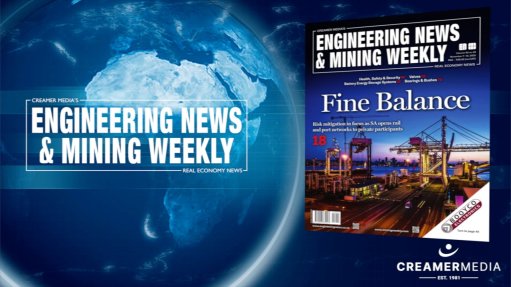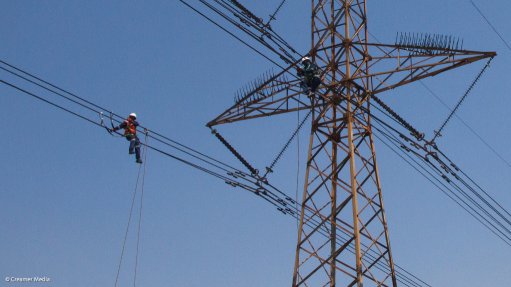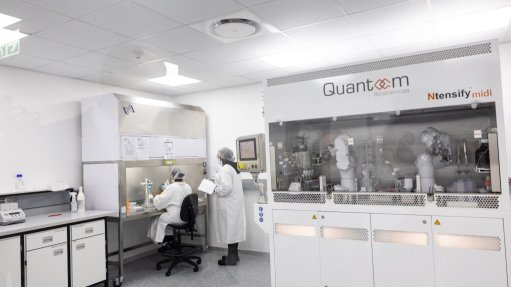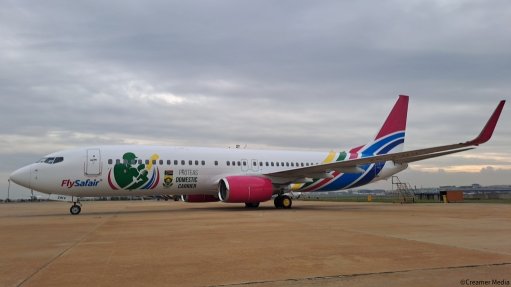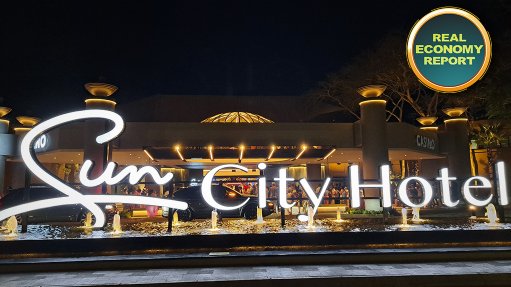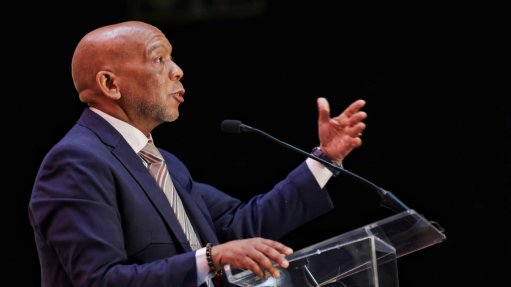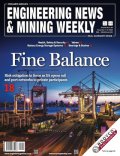Narrowing divide
The mobile phone has undergone a dramatic transition in the past two decades from a status symbol affordable only by the well-to-do to a ubiquitous device that even those of very modest means now regard as a must-have.
The market penetration of this handy invention has been facilitated largely by its plummeting acquisition cost. Today, you can get a handset for as little as R100 or less – if you are a no-frills type of person. This is a far cry from the asking price of $4 000 (almost R60 000 at the current exchange rate) for the DynaTAC 8000X, the world’s first commercial mobile phone, which went on sale in 1983. That was about two decades after Motorola researcher Martin Cooper had made the first mobile phone call – to Dr Joel S Engels, of Bell Labs.
While ‘mobile phone’ may have been the accurate nomenclature in the early days, it does not begin to describe current versions, which enable us to do a whole lot of things, beyond communicating verbally for social or other purposes. When I bought my first handset in the late 1990s, I never imaged that I would one day watch soccer matches or do my banking on a mobile phone. Of course, we can now engage in many other Internet-enabled activities on our mobile phones.
A key dividend deriving from the plunge in the price of mobile phones, coupled with the introduction of affordable data plans, has been a skyrocketing of Internet access and the ever-narrowing of the so-called digital divide. According to the latest report from global digital agencies We Are Social and Hootsuite, four-billion people out of the world’s estimated population of 7.59-billion people now use the Internet. That’s a 52.7% penetration rate for the technology.
More than 250-million people worldwide came online for the first time in 2017. During the same year, 200-million people bought their first mobile phone, increasing the number of mobile phone owners to two-thirds of the world’s population.
Africa accounted for 20% of the growth in the number of people with access to the Internet that was recorded in 2017, with the biggest growth rate of sixfold occurring in the West African nation of Mali. Benin, Sierra Leone, Niger and Mozambique all saw a doubling in the number of citizens using the Internet. But, as the International Telecommunications Union highlights, access remains very low in some countries, with Eritreans and Somalis being the least connected, at rates of 1.1% and 1.8% respectively.
It is also encouraging to note from a report produced by GSMA Intelligence that mobile data connections are becoming faster all over the world, with connection speeds having increased by more than 30% in the past year and over 60% of connections now classified as broadband.
Improved Internet access augers wells for Africa in many respects. From an economic perspective, increasing demand for Internet-enabled content, applications and services, for example, will lead to increased user demand for Internet access services, which, in turn, generates greater tax revenue.
Research conducted by the McKinsey Global Institute shows that the Internet services sector accounts for 3.7% of the gross domestic product (GDP) of developed countries. In Africa, the contribution is a measly 1.1%, and raising it to the same level as in developed countries will do a world of good for the people of our continent, whose governments cannot provide them with adequate services. Besides contributing to GDP, the institute avers, the Internet will deliver productivity gains of between $148-billion and $318-billion across the continent by 2025. The gains will be realised in the healthcare sector, where nurses will save 30 minutes to one hour each workday; agriculture, where significant production increases are likely; and the financial services sector, where each full-time employee will generate $65 000 more every year as productivity improves. Further, governments will be able to shave 60% to 75% off their administrative costs.
Article Enquiry
Email Article
Save Article
Feedback
To advertise email advertising@creamermedia.co.za or click here
Comments
Press Office
Announcements
What's On
Subscribe to improve your user experience...
Option 1 (equivalent of R125 a month):
Receive a weekly copy of Creamer Media's Engineering News & Mining Weekly magazine
(print copy for those in South Africa and e-magazine for those outside of South Africa)
Receive daily email newsletters
Access to full search results
Access archive of magazine back copies
Access to Projects in Progress
Access to ONE Research Report of your choice in PDF format
Option 2 (equivalent of R375 a month):
All benefits from Option 1
PLUS
Access to Creamer Media's Research Channel Africa for ALL Research Reports, in PDF format, on various industrial and mining sectors
including Electricity; Water; Energy Transition; Hydrogen; Roads, Rail and Ports; Coal; Gold; Platinum; Battery Metals; etc.
Already a subscriber?
Forgotten your password?
Receive weekly copy of Creamer Media's Engineering News & Mining Weekly magazine (print copy for those in South Africa and e-magazine for those outside of South Africa)
➕
Recieve daily email newsletters
➕
Access to full search results
➕
Access archive of magazine back copies
➕
Access to Projects in Progress
➕
Access to ONE Research Report of your choice in PDF format
RESEARCH CHANNEL AFRICA
R4500 (equivalent of R375 a month)
SUBSCRIBEAll benefits from Option 1
➕
Access to Creamer Media's Research Channel Africa for ALL Research Reports on various industrial and mining sectors, in PDF format, including on:
Electricity
➕
Water
➕
Energy Transition
➕
Hydrogen
➕
Roads, Rail and Ports
➕
Coal
➕
Gold
➕
Platinum
➕
Battery Metals
➕
etc.
Receive all benefits from Option 1 or Option 2 delivered to numerous people at your company
➕
Multiple User names and Passwords for simultaneous log-ins
➕
Intranet integration access to all in your organisation








